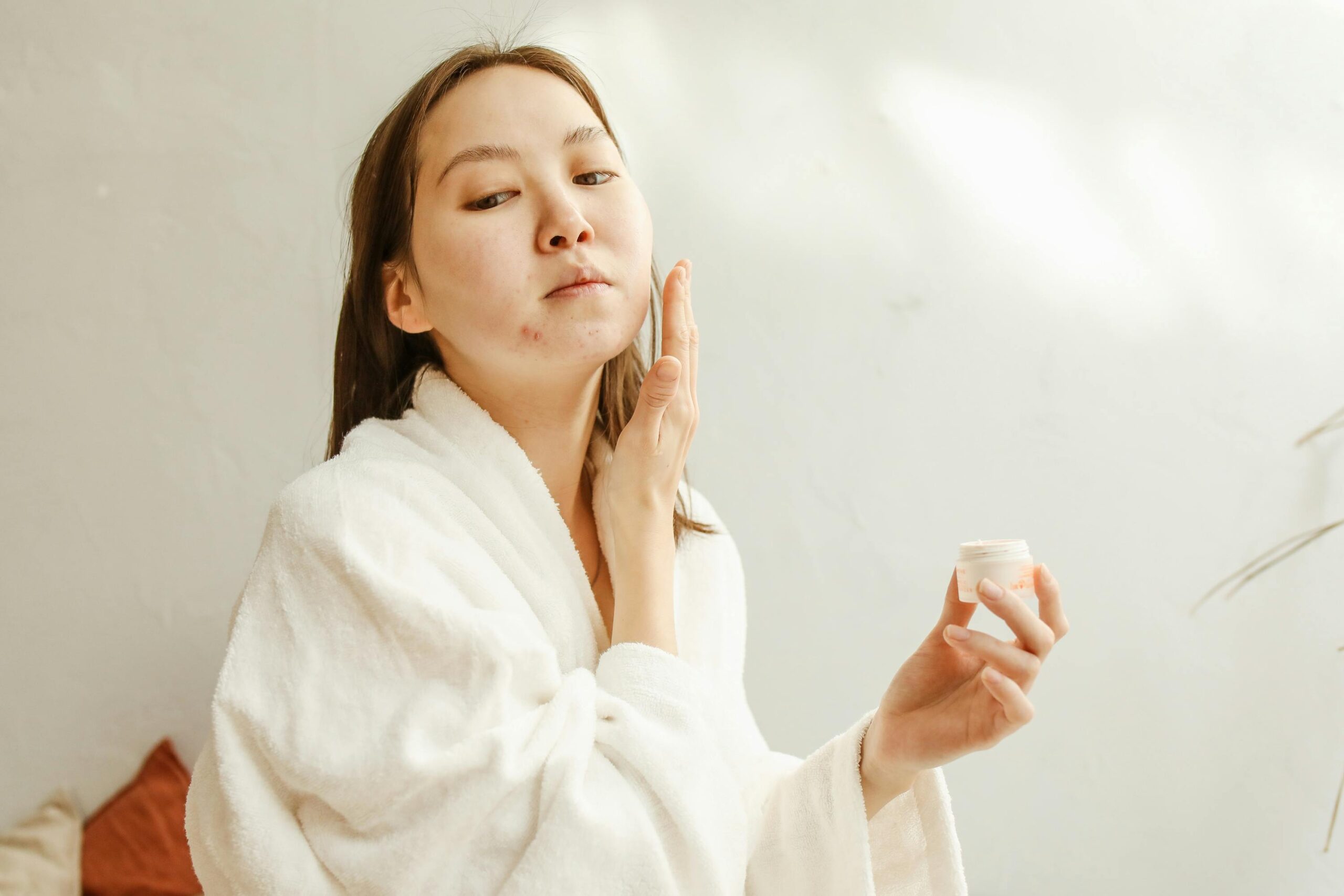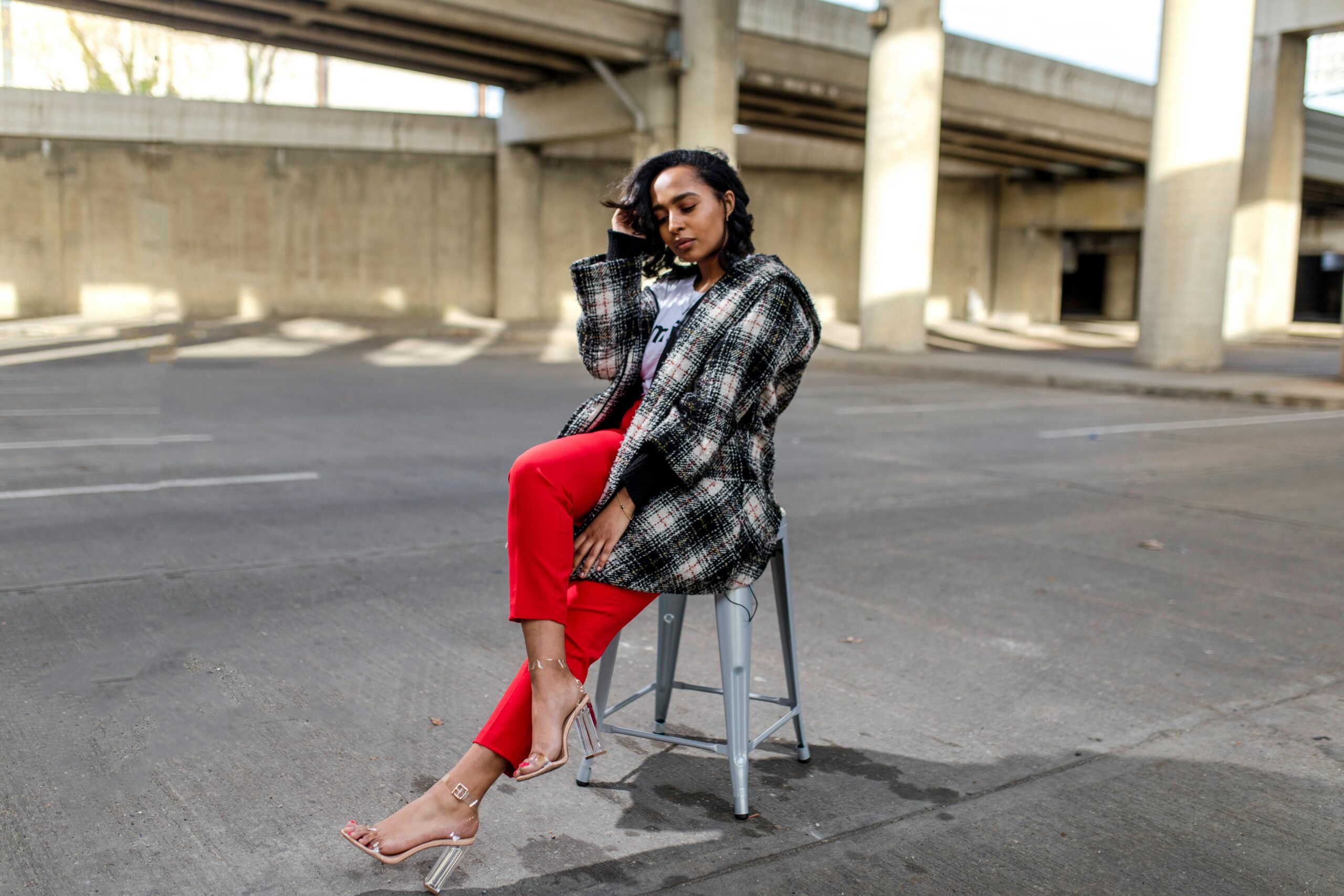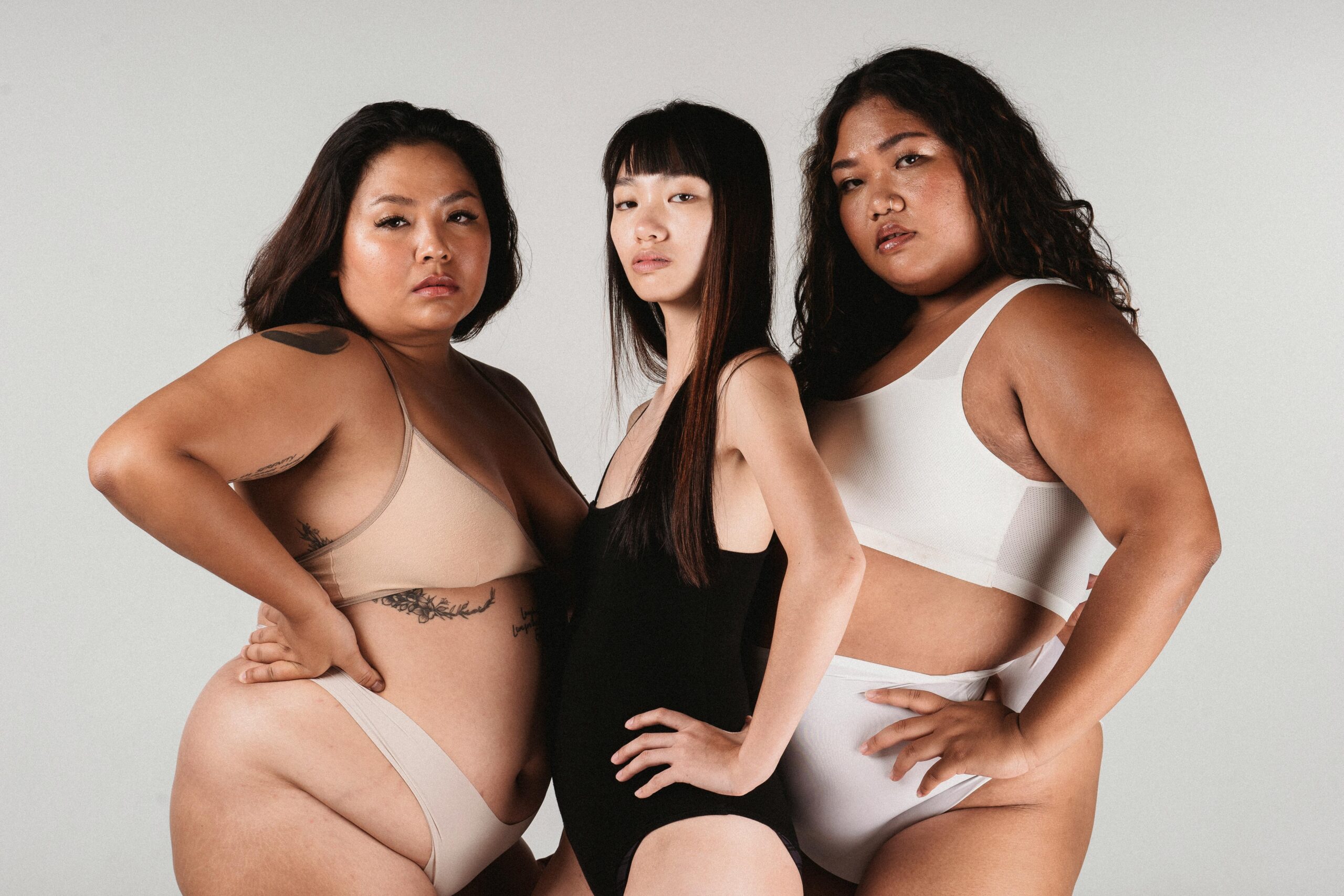
In 2015, a new French law made headlines around the world for its crackdown on unhealthy standards within the fashion industry. It required all modeling agencies and designers to ensure any model they work with adhere to a minimum BMI number, and all advertisers to disclose the amount of photoshop and digital enhancement in a visual campaign.
This law certainly isn’t the first or only law of its kind. In the UK, MP Caroline Nokes heads up the All Party Parliamentary Group on Body Image, and along with model Charli Howard, has been championing support for a potential law that would dissuade agencies from pressuring young models from abiding by unhealthy and dangerous standards.
With so much attention on changing trends in body image, it was only a matter of time before similar efforts started happening here in the US. Unlike other talent-based industries that have unions and strict labor standards, the modeling industry is largely left up to its own devices, where the whims of designers, publication magnates and brands dictate what models should look like.
California Assembly member for Marin & Sonoma Counties Marc Levine, has proposed a new bill saying that models who want to work must prove they do not have an eating disorder and have a doctor’s certificate as proof.
He introduced State bill AB 2539 on February 19, and it may be heard in committee on March 22.
“The evidence of eating disorders in the modeling industry is alarming. AB 2539 will make sure that models are not enduring physical harm as a workplace prerequisite. This is a societal problem as unhealthy models have become role models for young people. As California often leads the nation and the world, this bill will help assure that our children will see healthy images on magazines and fashion websites,” said Marc in a press release.

With countries such as the aforementioned France, as well as Italy, Spain and Israel recognizing the impact of dangerous body ideals on many young women, especially with the death of French model Isabelle Caro in 2010 and Brazilian model Ana Carolina Reston in 2006, both from anorexia, this issue is so important. And Marc’s proposed bill is already getting support from health experts who have written about this topic.
“AB 2539 sends a powerful message that Californians are no longer willing to just sit on the sidelines as the health and safety of professional models – many of them still young girls – are jeopardized by the industry’s inhumane and dangerous standards of thinness,” said S. Bryn Austin, professor at Harvard University’s T.H. Chan School of Public Health and Boston Children’s Hospital, who has previously written about the dangers of adhering to the industry’s “Paris” thin standards.
According to Safety and Health magazine, the bill also would require the following:
- The California Occupational Safety and Health Standards Board and the State Department of Public Health must adopt health standards for models. The standards would require models to undergo at least three medical visits per year, get a nutrition consultation from a qualified professional, and possible medical testing.
- Modeling agencies must be licensed by the California Labor Commissioner.
- Models must be classified as employees of modeling agencies.
- Modeling agencies would be required to maintain records and could be fined if they employ models who do not have an up-to-date doctor’s certificate.
“This is a societal problem, as unhealthy models have become role models for young people. As California often leads the nation and the world, this bill will help assure that our children will see healthy images on magazines and fashion websites,” said Marc.

While there has been criticism of the French law by some within the industry claiming it could potentially take away a model’s ability to work, there are models and former models who are praising this new California bill. In an op-ed for The Daily Beast, model Miranda Frum says beyond just the physical aspect of protecting models, it also ensures they are paid properly and not taken advantage of, as happens all too often.
“As someone working as an international model, I can tell you it’s incredible how treacherous these waters are to navigate. It takes a couple of years and a lot of good working experience to learn what is normal agency procedure and what is not. Much varies from country to country. I’ve seen agents threaten and intimidate young girls, and I’ve heard of bookers who encourage their models to escort as a way to pay their expenses,” she writes.
Miranda is definitely in favor of Marc’s proposed law, and says it is high time people started taking models seriously.
“There needs to be a shift in thinking about acceptable and professional standards for employing models in general. Many agents I’ve come across behave as if being ‘beautiful’ is payment in itself and try to trick models into working 10- to 12-hour days, without any extra pay or for pay well below the minimum wage,” she said.
“There are many girls who will put up with a lot—too much in fact—because they have a family to support, or they want to leave their native country of origin and seek better opportunities abroad. Many girls are still teenagers—and unaware how exploitative and nasty people can be. To enforce a licensing of modeling agencies should mean that modeling agencies must be held to the same standards of other employers.”

Another big champion of labor laws being extended throughout the modeling industry is former model, activist an The Model Alliance founder Sara Ziff. Together with New York legislators, she helped the state of New York become the first in the country to implement a law that protect models from being exploited. Signed by Governor Andrew Cuomo in 2013, the law includes stipulations about underage models, chaperones, hours worked, meals and language that reflects the general well-being of a model being of the utmost importance.
While there are differing opinions over whether the BMI Index is the right measurement tool to use in determining whether a model is healthy or not (as in the case of the French law), the general sentiment is that looking after the health of a model and implementing measures is a good thing.
“It is clear that the fashion industry has a health problem–one that is not being adequately addressed through voluntary guidelines, or by featuring the occasional “plus-size” model on the cover of the Sports Illustrated Swimsuit Issue. The fashion industry’s ideal of feminine beauty is extreme, both in terms of youth and thinness, and without workplace health and safety standards, models will continue to be forced to sacrifice their health for their careers,” writes Sara Ziff for OnLabor.org.

“Most models begin working as minors, but face grown-up pressures in what remains a largely unregulated industry. Extreme thinness and youth are inextricably linked, and while neither weight nor age gives a precise measure of an individual’s health or maturity, that should not prevent the government from creating standards to protect models’ health and rights…the legal community should take a closer look at this mostly young, female workforce whose concerns are legitimate and should be treated as such,” she concludes.
It is encouraging to see men like California Assembly member Marc Levine (as well as neurologist Olivier Véran who was the champion of the French law) stepping up and recognizing that this is not just a fashion industry topic, it is an economic and health issue that deserves regulation.
“Society has these outrageous expectations for what women are supposed to look like, and for most women, it’s impossible to look that way. With my bill, we can protect the health and safety of fashion models, but we can have a societal impact to make sure that women and girls have a healthy body image,” said Marc about his bill.
Here’s to the democratization of the fashion industry not just being about diversity and body image, but about a deliberate focus on protecting those who work hard and dedicate their life to this profession.


















2 thoughts on “Following In France’s Footsteps, California Will Introduce A Bill To Protect The Health Of Models”